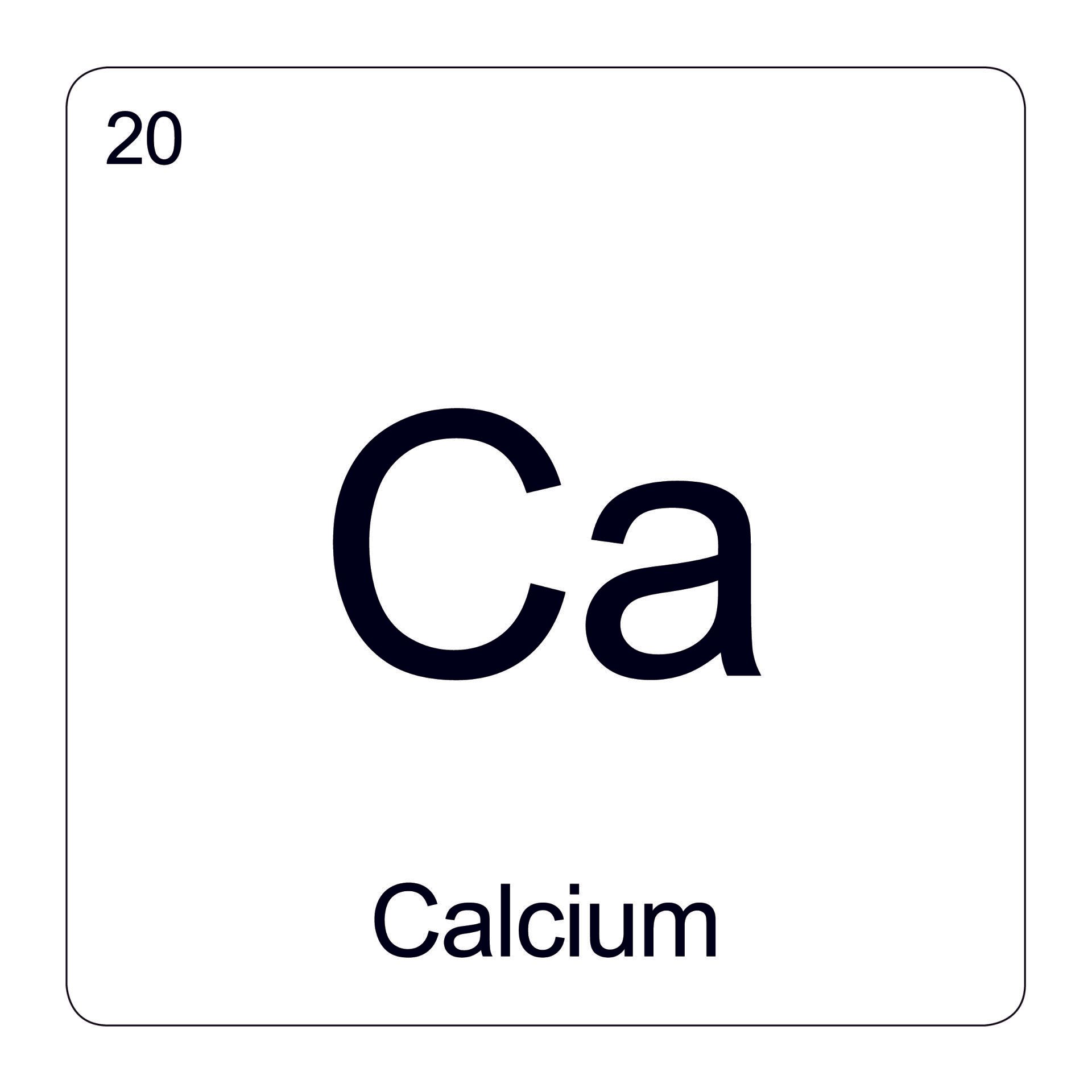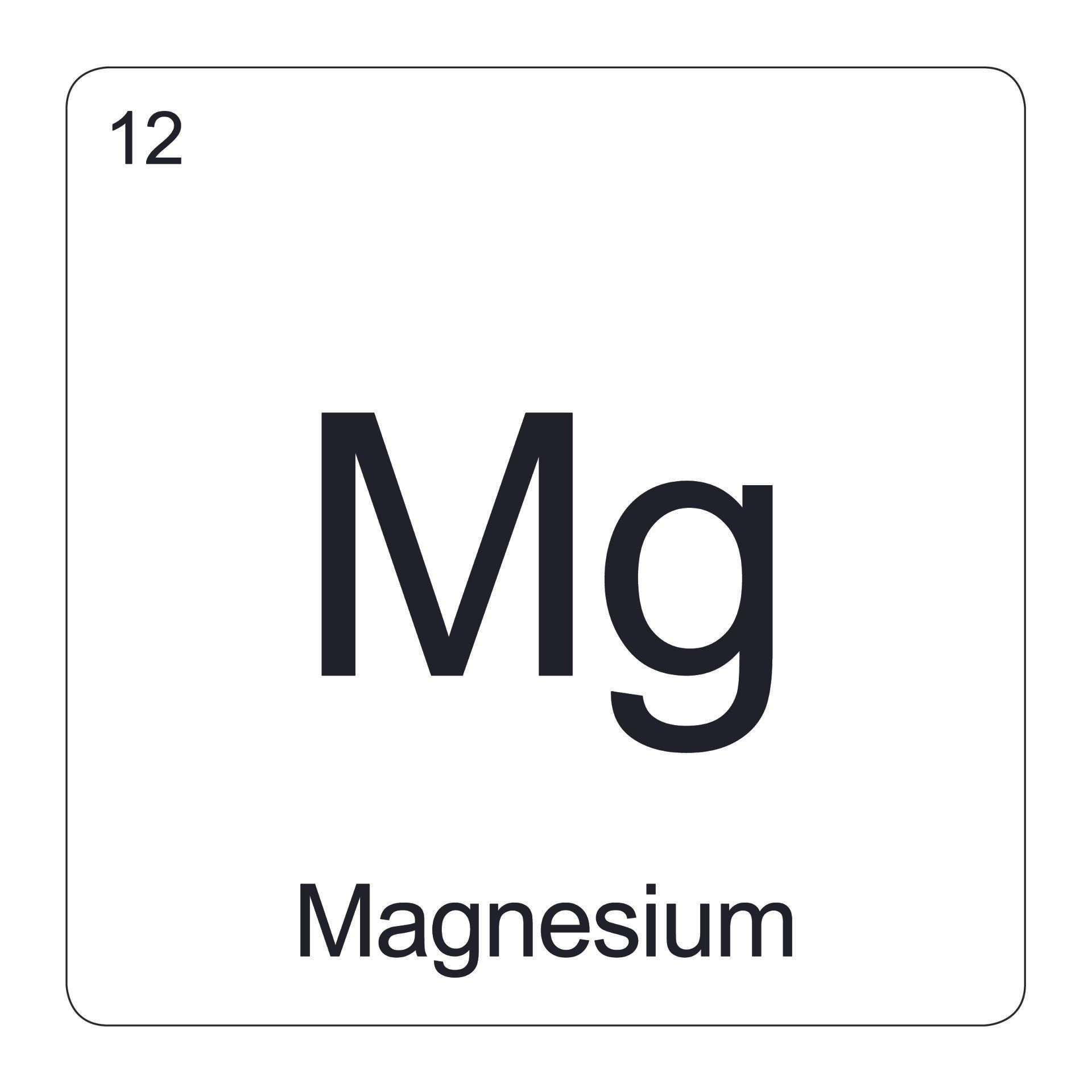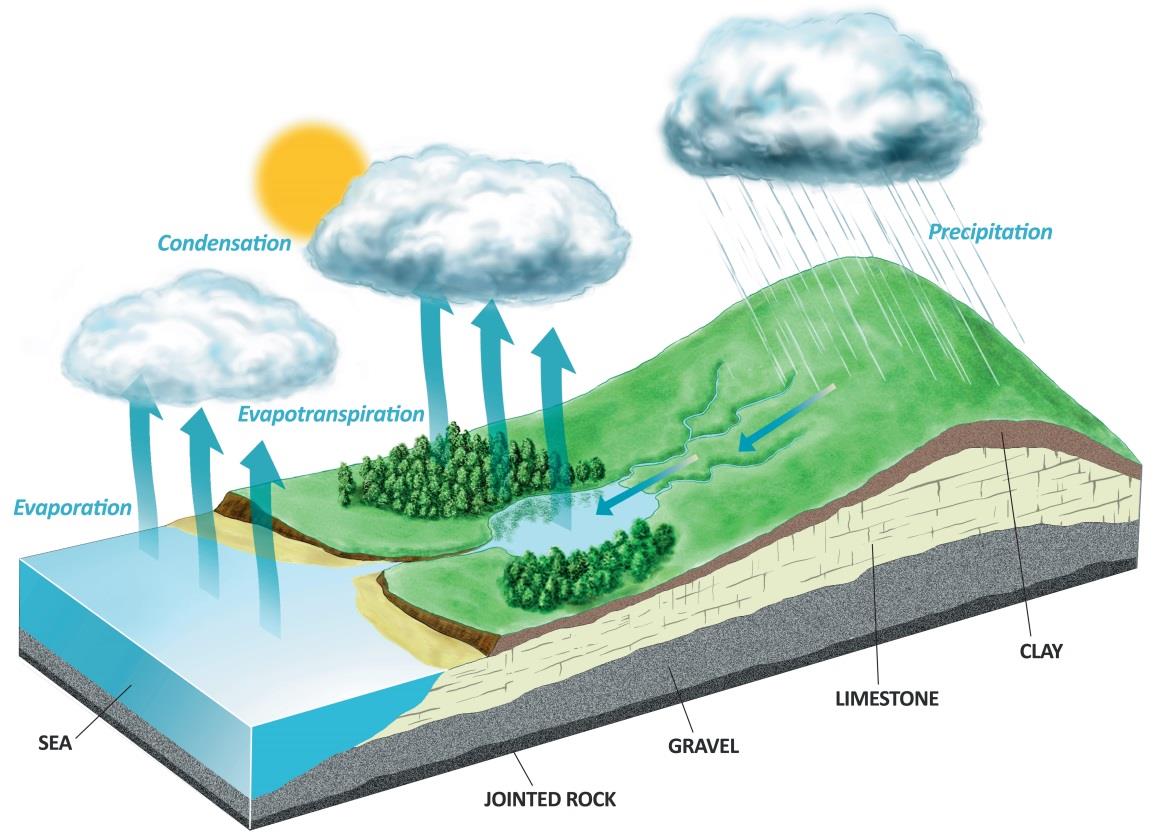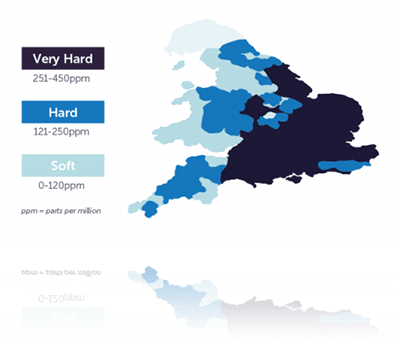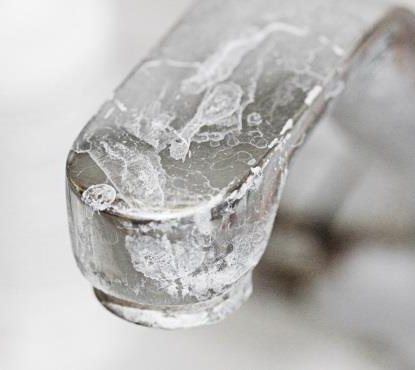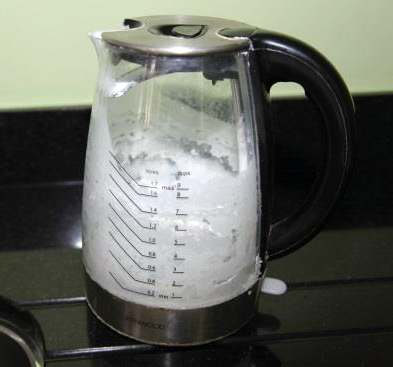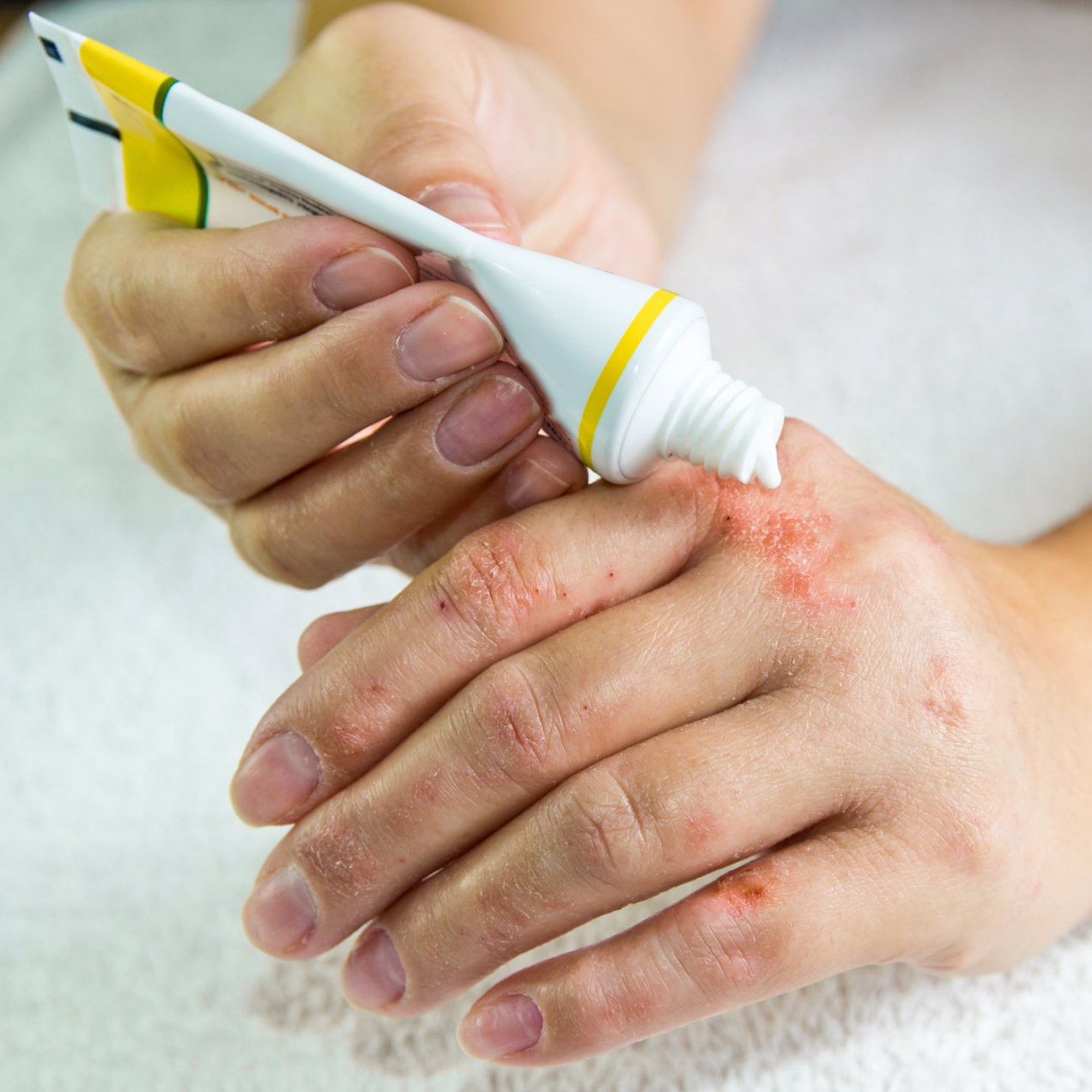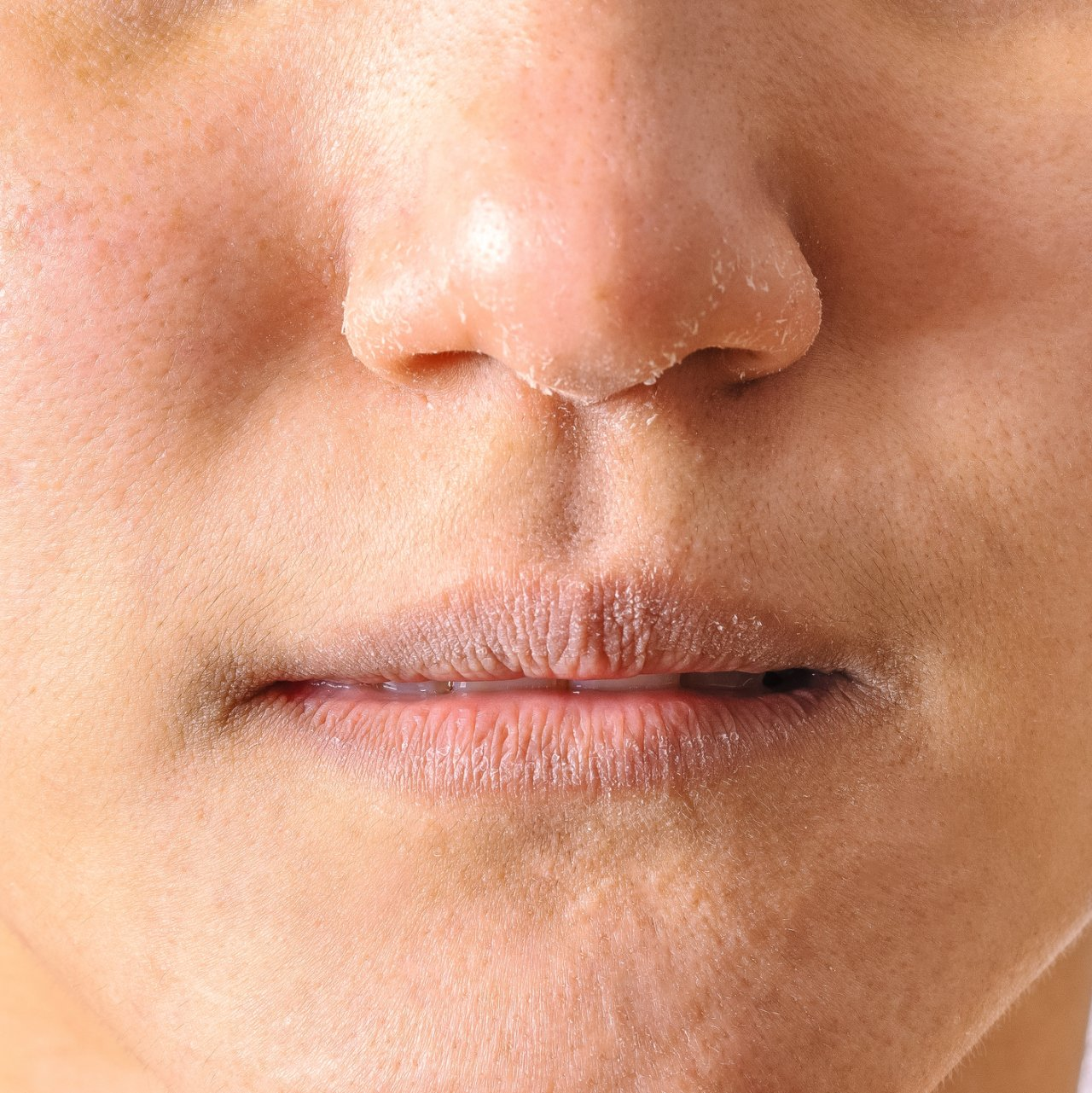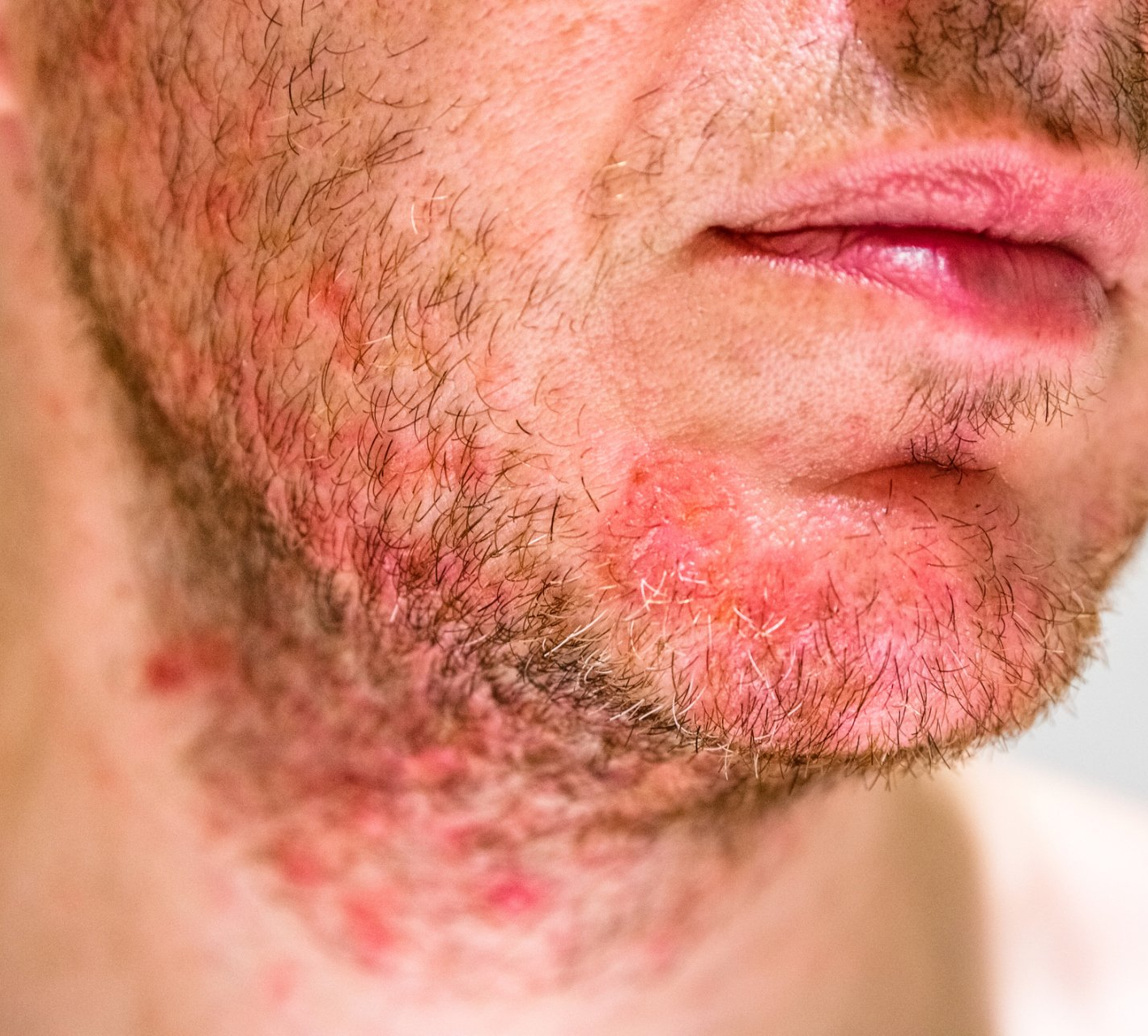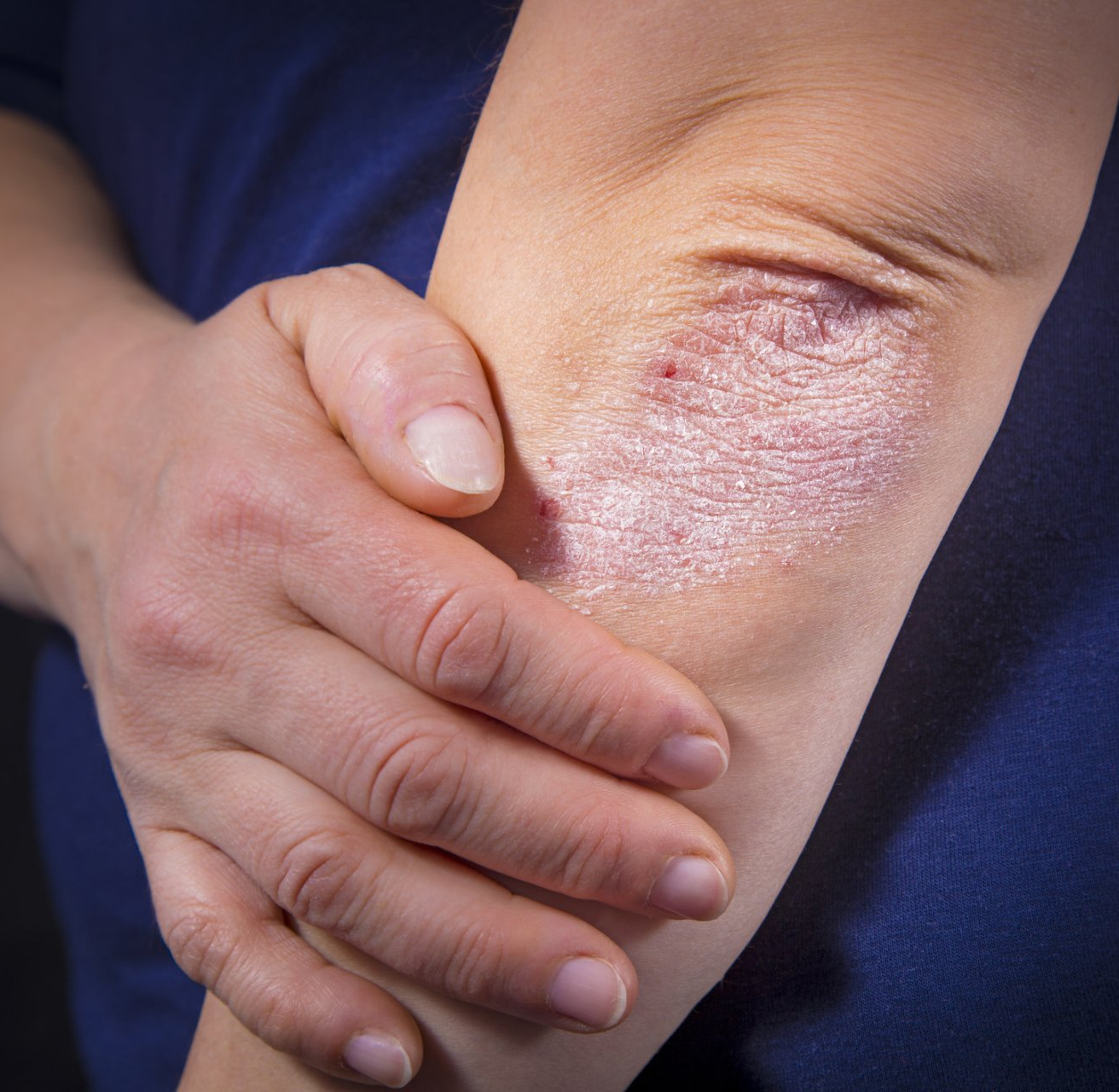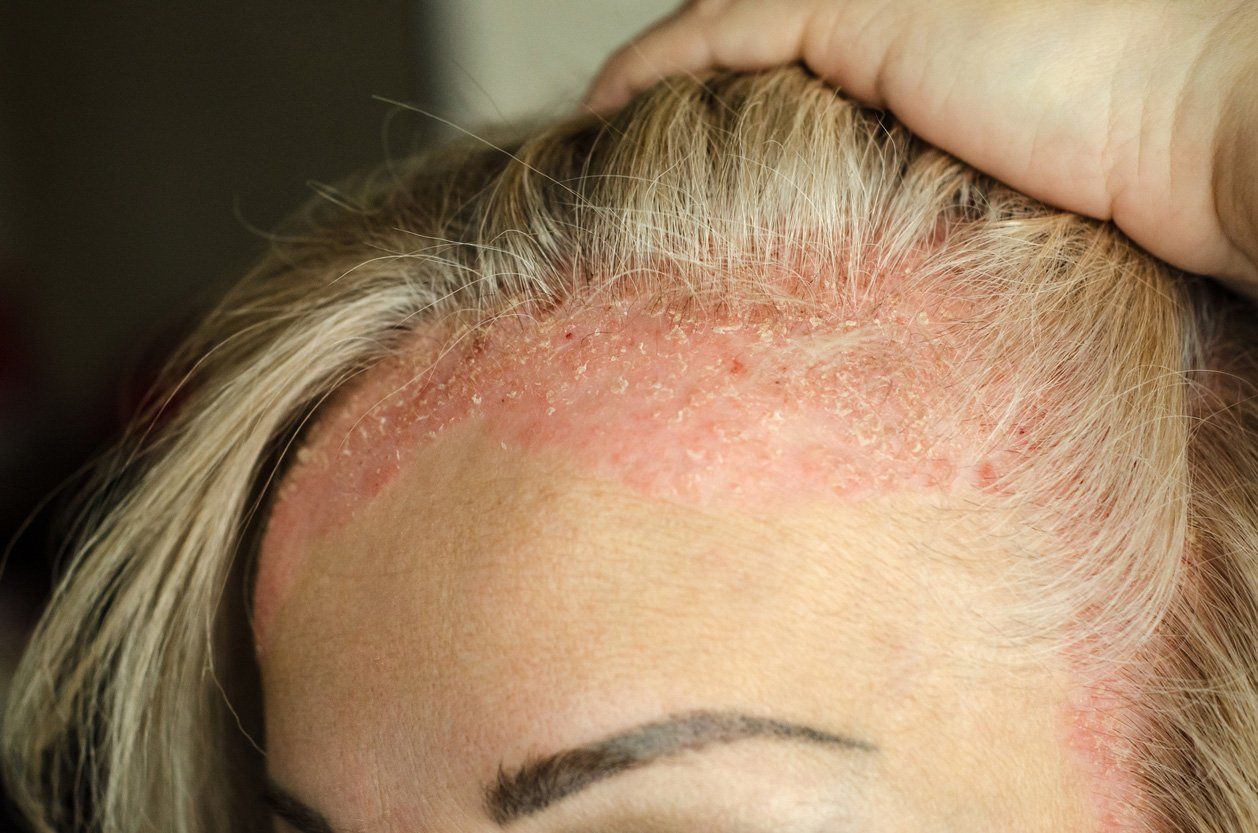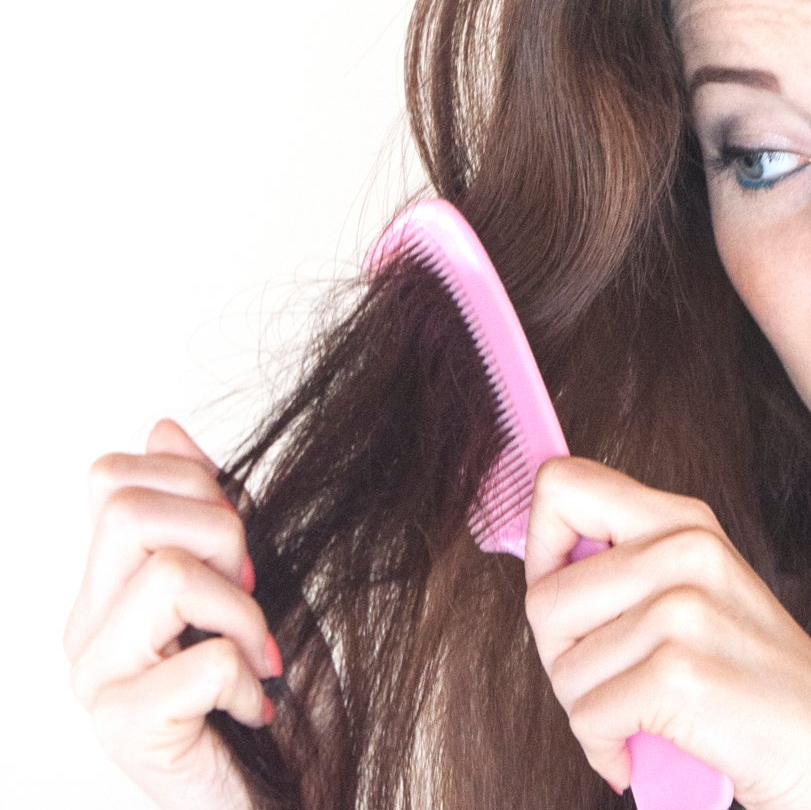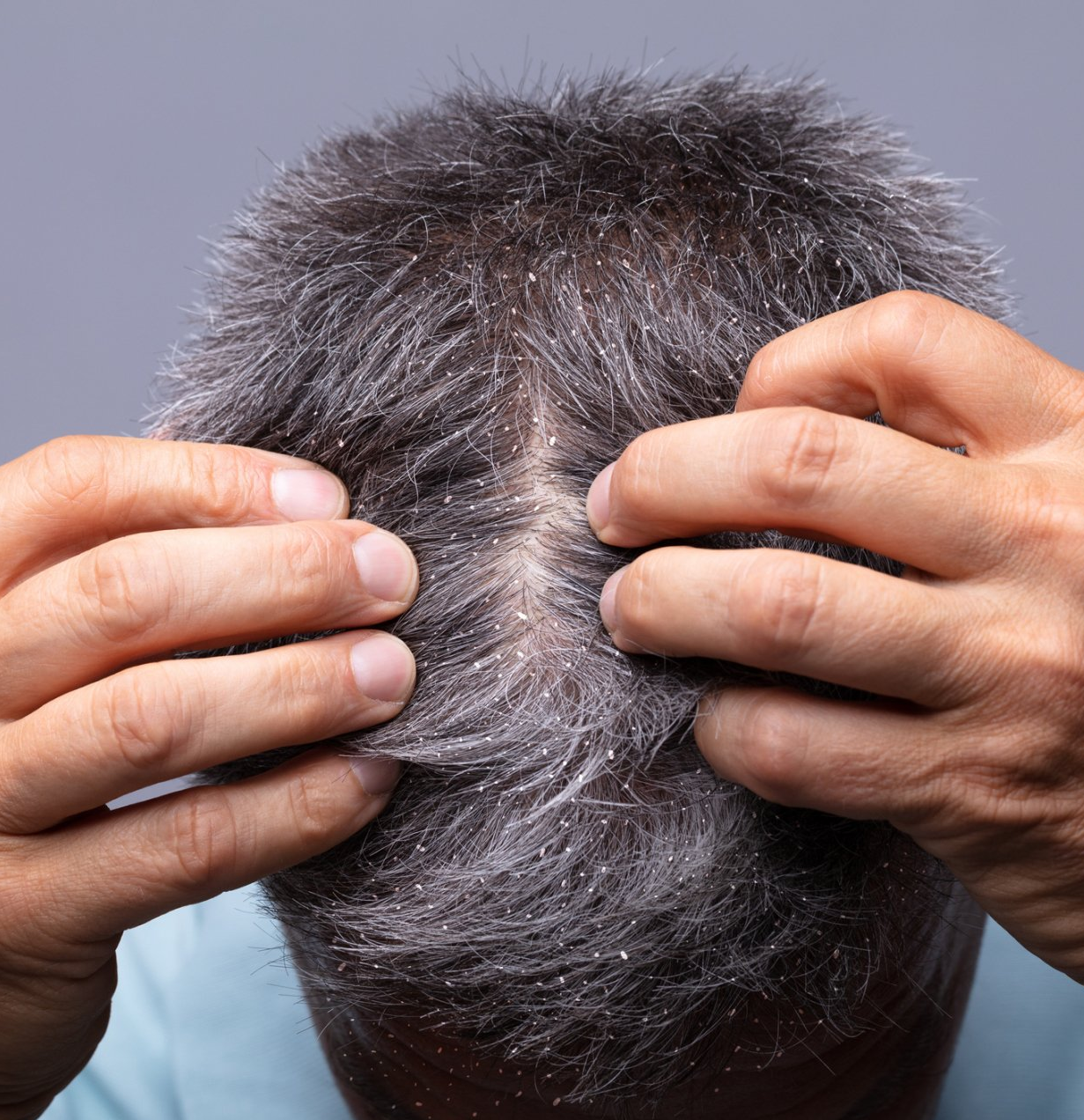What is Hard Water?
To understand why there is hardness in our domestic water you have start at the very beginning of the cycle – rain.
Rain water is naturally soft; however, as it percolates through the ground it changes. This means the water from our taps varies depending on the type of ground it has travelled through and what it’s absorbed along the way.
This basically means the water in your home will depend on the surrounding geology.
E.g. The water in East Anglia is rich in dissolved magnesium salts (bicarbonate, chloride, sulphate and nitrate) and calcium carbonate (limestone) due to the dominant chalk layer deep underground.
East Anglia
As water is drawn from various places across the region, different areas will have varying degrees of hardness.
In the East of England the water will either be very hard or aggressively hard. Hardness is measured in parts per million (PPM).
Due to our local knowledge and years of experience, our expert field staff are aware of the water hardness in your area.
However, we can also test the water to show you exactly what the PPM level is in your property so you know for your own peace of mind.
Q: What is the outcome of hard water?
A: Limescale.
- Taps
- Shower doors
- Saucepans
- Metal draining boards & sinks
- Glass kettles
- Shower heads
- Granite worktop
It is only improved with the use of harsh cleaning chemicals or special products for shower heads or complete replacement.
Your household appliances and pipes are also damaged by limescale as it builds up over time. Limescale causes corrosion to your heating pipes, hot water cylinder, and your kettle heating elements, washing machine and dishwasher internal workings.
The scale makes them all less efficient and more prone to repairs. By removing the limescale, you protect all your appliances from these damaging effects.
They work better, last longer and therefore cost you less money over their lifetime with reduced or no servicing required.


